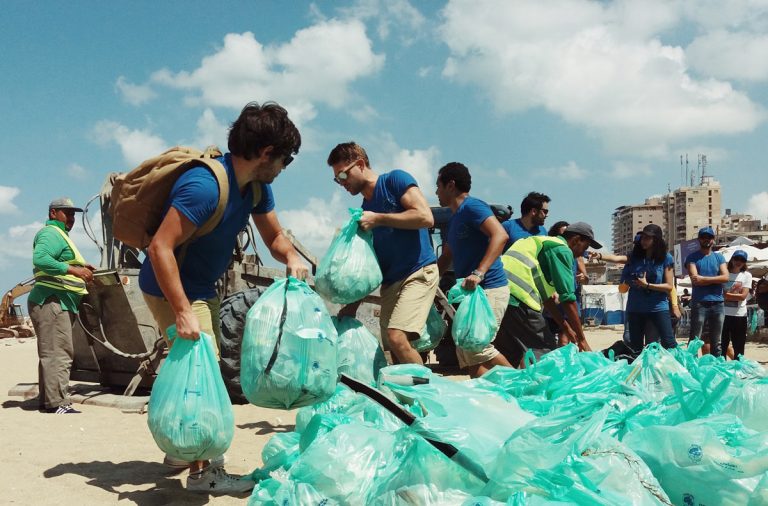Why you should submit to Oceanic Global’s short film festival
70 per cent of our planet is oceans, and yet it is the one place that remains hugely disregarded. 93 per cent of our fisheries are completely fished out or overfished, every 60 seconds a truckload of plastic enters the ocean, 90 per cent of coral reefs are projected to die by 2050 and only 5.3 per cent of our ocean is currently protected.
Raising awareness of these pressing issues is key to driving an urgent change. If these problems go unchanged for much longer, marine life as we know it will never be the same, or healthy again. That’s why Oceanic Global, a leading charity in ocean conservation and sustainability has launched a platform for filmmakers to submit their short films, win competitions, and in turn, raise concern and change around the world.
The project, which was created by Oceanic Global London Hub members Elizabeth Aisher Crespi and Carlotta Bianchi, has partnered with MATTE Projects, EarthX, Convicts NYC, The Klosters Forum and Ocean Culture Life. Those platforms are asking you to submit your films on the current ocean situation, especially now that, due to the COVID-19 global pandemic, plastic waste has accelerated with the increase of single-use products and PPE kit such as non-reusable masks. Most of this waste is, unfortunately, ending up in our oceans.
How can I enter the competition?
Oceanic Global is accepting submissions until 13 September 2020, on their website. To enter the competition you must be the director, lead producer or a core team member of the film that you submit. The films submitted need to be from 3 to 15 minutes long, they must be in English or with English subtitles, hosted on an online webplace such as Vimeo or YouTube, and have to be related to themes that honour and support our oceans, such as:
The current state of the ocean
The beauty of the ocean
Marine plastic pollution
Innovation for a sustainable ocean
Human interaction with the ocean
More information on the competition is available on Oceanic Global’s website, but we hope that some of our future thinking and talented artists and readers will take part in not just this competition but the collective drive towards a better planet. The ocean depends on us.





